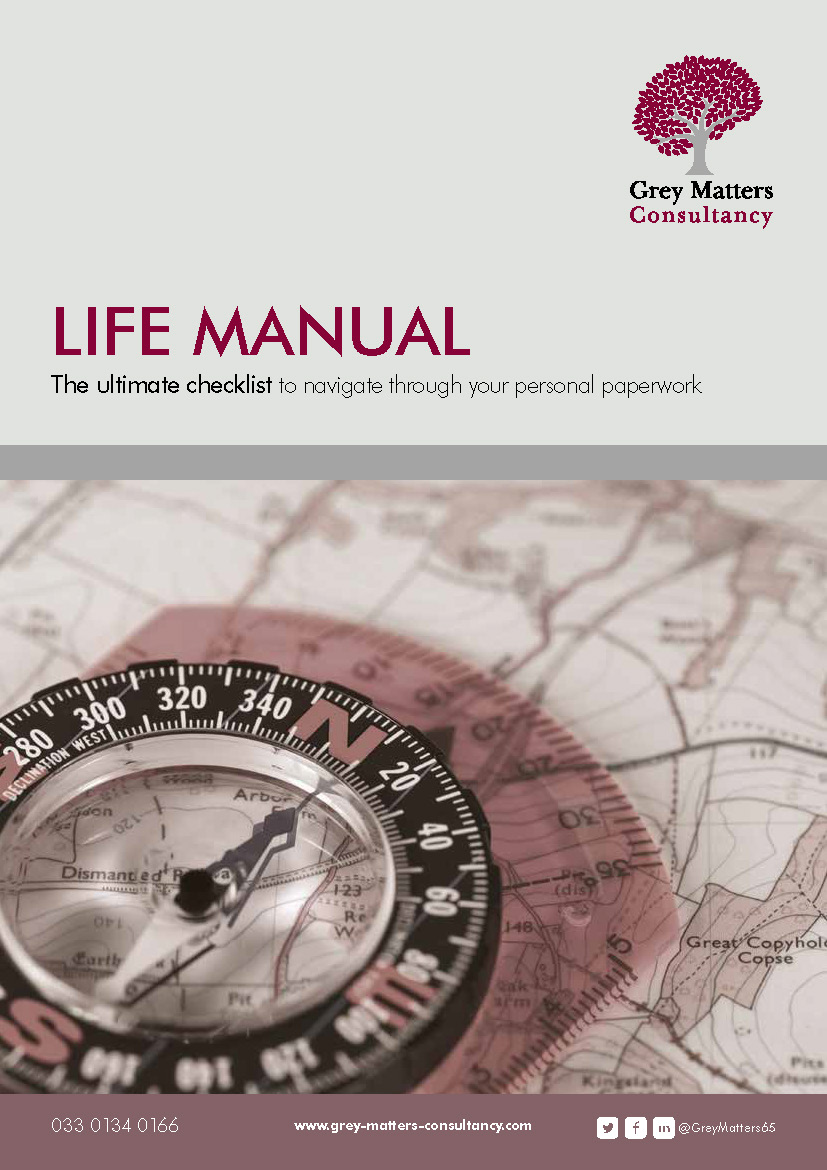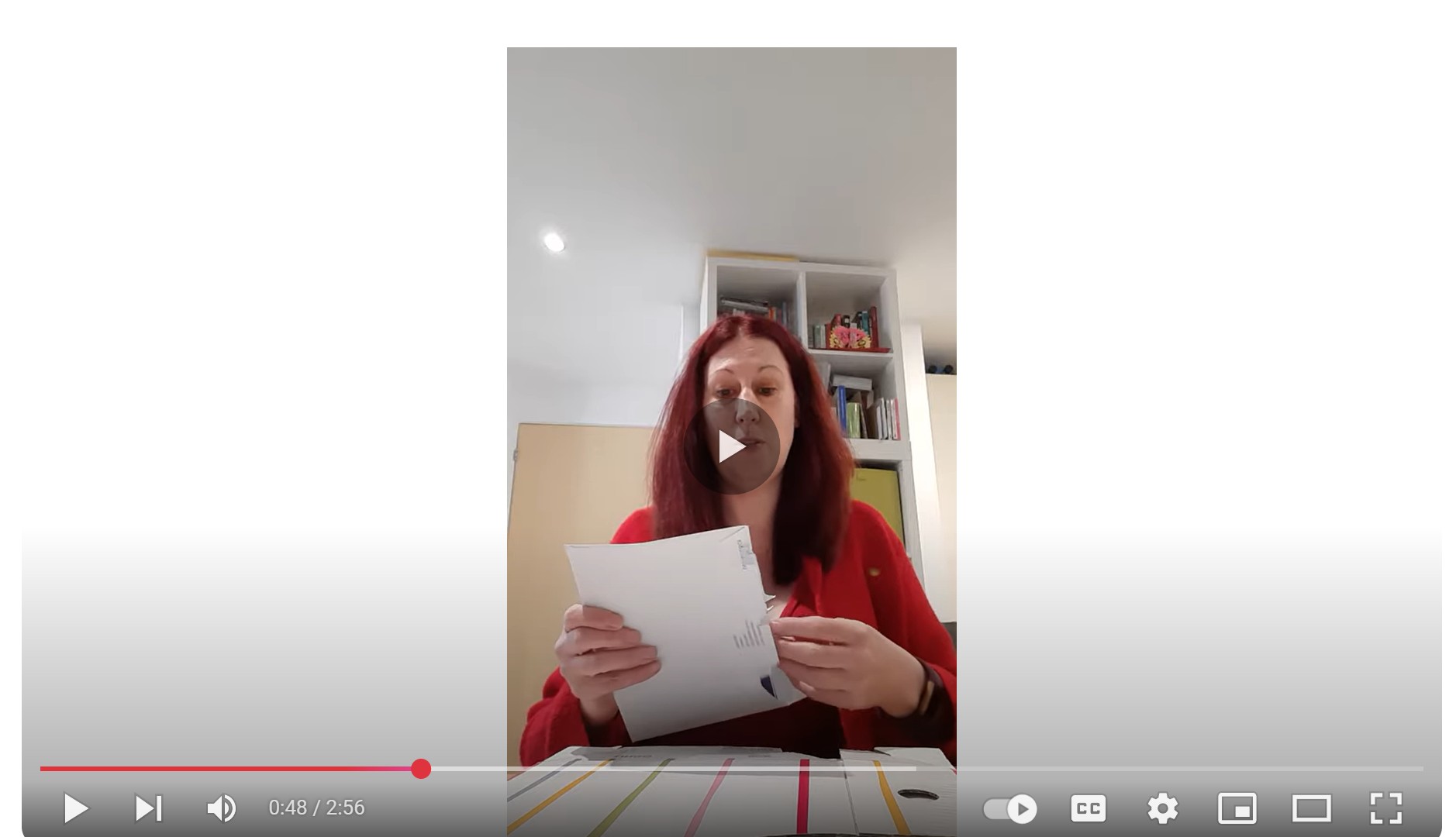
The inevitable will happen to all of us and it’s good to get planning and talking about it before we go. The inevitable might be that your attorneys need to act for you or help you during your lifetime or it might be information for your executors when you die. There are some great resources available and we wanted to let you know of the ones we like:
For attorneys and executors
Peace of Mind Planner – a comprehensive workbook to fill in containing details that anyone dealing with your estate would like to know about https://amzn.eu/d/8NaEsOY
Life Manual from https://www.grey-matters-consultancy.com/life-manual/ another, smaller, workbook in which to record your details.
If you are a client of St James’s Place Partnership they also have a similar manual which you can fill in.
For executors and useful in advance to start planning
White Balloon https://www.whiteballoon.co.uk/ a resource for life’s end from funeral directors to florists, counsellors and musicians and much more.
Using the information from the life manuals above, you can close, freeze or transfer all of your loved one’s accounts from one place, for free. You can also set it up in advance. https://lifeledger.com/
Planning doesn’t have to be sad or morbid, it ensures that you make life easier for your loved ones and that your wishes are respected when you are gone.

















